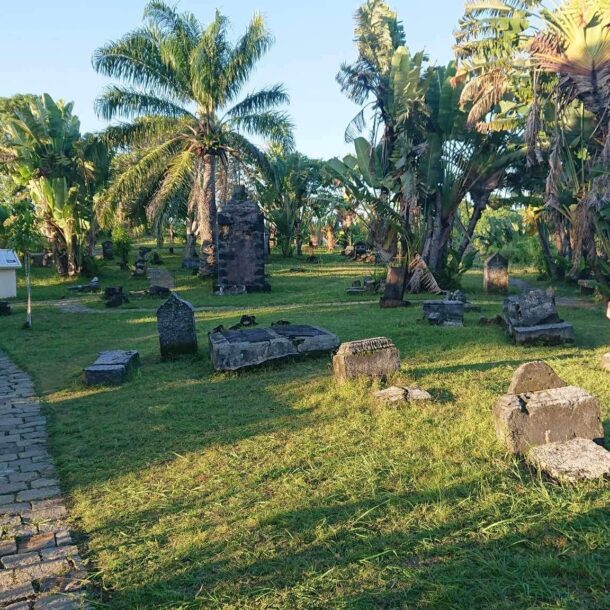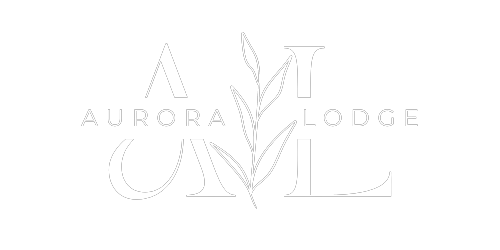
Categories
-
Recent Posts
Follow us on social

Madagascar, the world’s fourth-largest island, is renowned for its unique biodiversity and diverse cultural tapestry. Within this cultural landscape lies the concept of “Fady,” a deeply ingrained set of taboos and traditions that play a significant role in the daily lives of the Malagasy people. In this article, we will delve into the intriguing world of Malagasy “Fady,” exploring its origins, manifestations, and cultural significance in the lives of Madagascar’s inhabitants.
“Fady” is a Malagasy word that encompasses a complex set of taboos, customs, and traditions. These prohibitions dictate various aspects of life, including behavior, social interactions, and resource use. Fady can be both specific, such as prohibitions against eating certain foods, and general, encompassing broader societal norms.
The origins of Fady are deeply rooted in the history and beliefs of the Malagasy people. Many Fady have their foundations in the island’s complex spiritual and animistic belief systems, which venerate ancestors, spirits, and natural elements. These taboos are often passed down through generations as part of oral tradition.
Fady can be categorized into several types:
Fady can have profound implications for daily life in Madagascar. They influence decisions about food, clothing, agriculture, hunting, and even marriage. For instance, some communities may have Fady against consuming certain animals or crops, leading to specific dietary restrictions. Others may have taboos related to marriage within certain clans or lineages.
One of the most critical aspects of Fady in modern Madagascar is its role in conservation. With a vast array of unique species and ecosystems, the island faces environmental challenges. Many communities have established Fady to protect specific areas of land or marine habitats, helping to safeguard biodiversity.
As Madagascar experiences cultural and environmental changes, the concept of Fady is evolving. While some traditional taboos remain strong, others are adapting to new circumstances. For instance, Fady related to deforestation may be modified to promote tree planting and forest preservation.
For visitors to Madagascar, it’s essential to respect local Fady. Understanding and adhering to these taboos demonstrates respect for the culture and beliefs of the Malagasy people. Local guides and community members can provide valuable insights into the specific Fady in a given area.
In conclusion, “Fady” in Madagascar is a multifaceted concept deeply rooted in the cultural, spiritual, and environmental landscape of the island. It serves as a guide to proper conduct, conservation efforts, and a connection to the past. While it may appear complex and at times enigmatic to outsiders, Fady is an integral part of Malagasy identity and provides valuable insights into the island’s rich cultural tapestry and unique approach to conserving its natural wonders.
South Lagune on Ile aux Nattes
Madagacar
